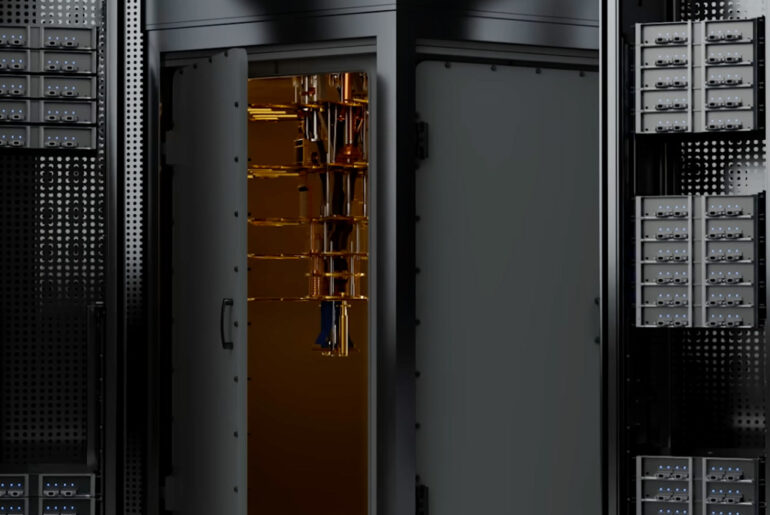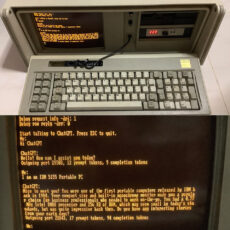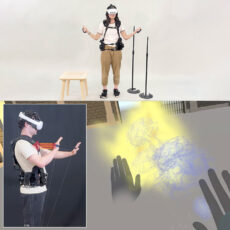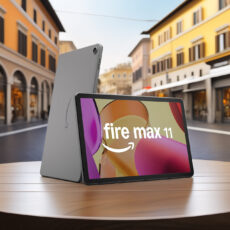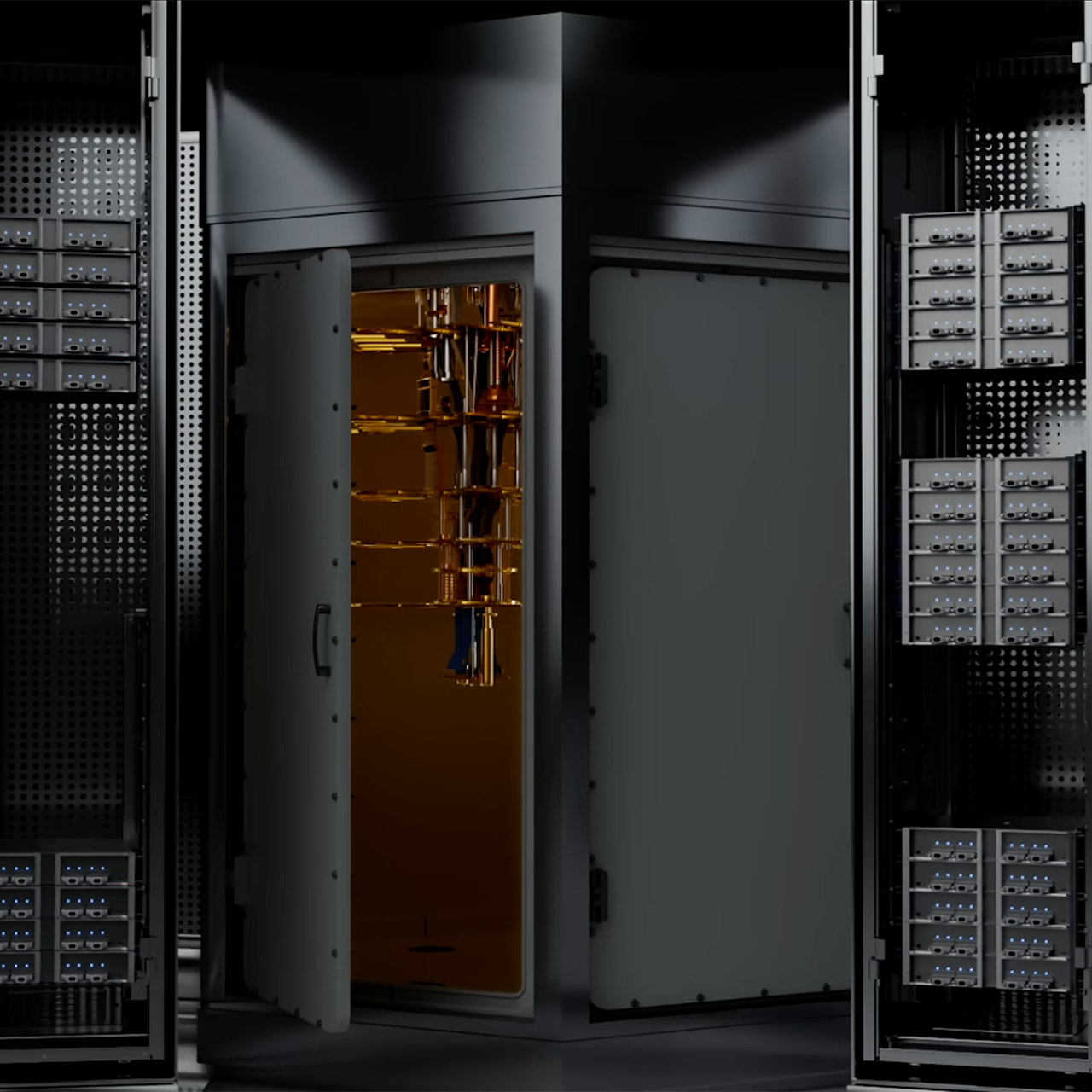
HSBC has achieved the impossible in the world of high finance: a real-world win with quantum computers that actually moves the needle. The British bank has published the results of an experiment with IBM that improved bond trade predictions by up to 34%.
HSBC traders trade corporate bonds, which are IOUs issued by companies to borrow money, and the experiment focused on the European market where trades happen silently between buyers and sellers without a stock exchange. In these conversations every second counts and getting the price right can mean the difference between making a trade and losing it. The teams fed real trading data into the IBM machines and the results beat the standard computer settings that banks use.
- [Detachable & Frameless Screen] With the new upgrade design,this portable laptop screen extender now is detachable,you can easily separate the stand...
- [Dual screen, Double efficiency] The AetherSpark portable monitor is the perfect dual screen monitor for laptop, allowing you to open multiple windows...
- [Broad Compatibility] Our new monitor extender has been upgraded to fit 13.3”-17.3” laptops. In terms of connectivity, this laptop monitor is...
Corporate bond trading is all about speed and intelligence. When a client asks for a quote algorithms immediately crunch numbers like current prices, risks and market moves. This technology frees up human traders for more complex trades but the data is messy with small hints hidden behind everyday noise. To cut through the noise HSBC and IBM used a combination of classical and quantum computers. The quantum side driven by IBM’s Heron processor found patterns that the classical method missed completely. Run the same numbers on a classical supercomputer that claims to be quantum? No dice – the edge has disappeared. These weren’t lab experiments – the tests used real-time data from HSBC’s trading floor, scaled to match real pressure.
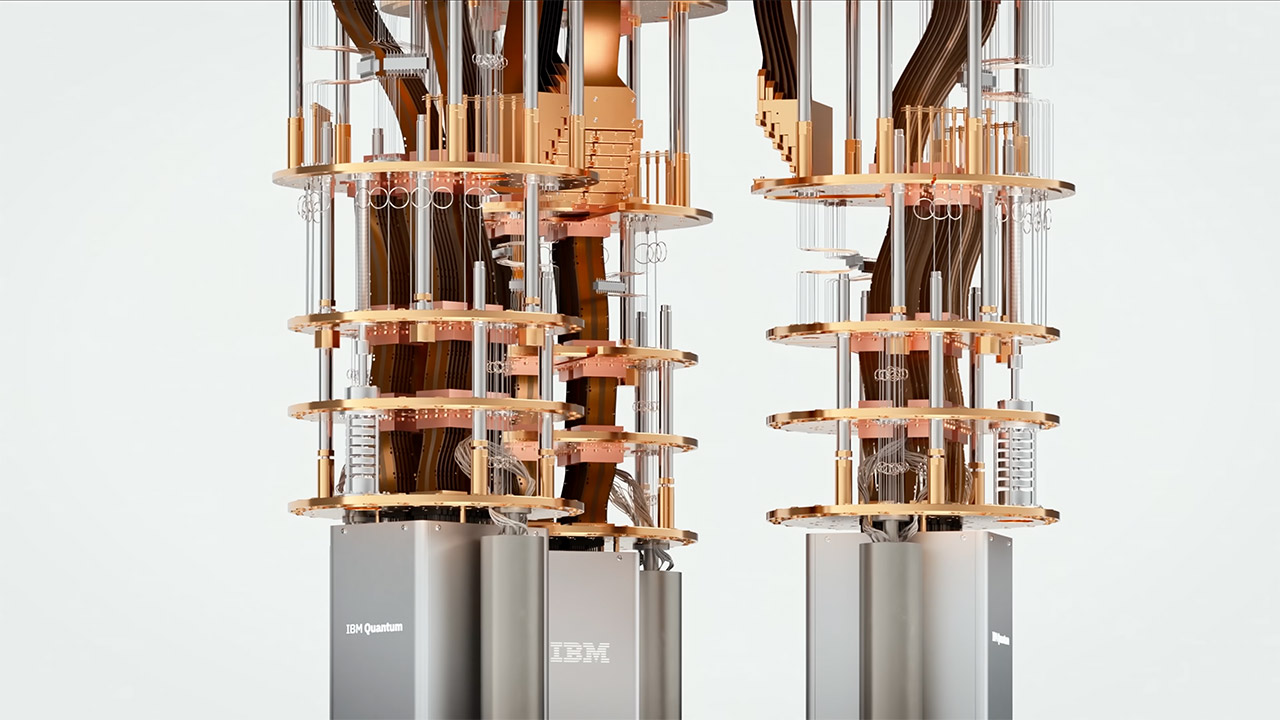
Philip Intallura, HSBC’s head of quantum, called it a game changer for bond desks globally. “We have a clear indication that today’s quantum hardware can attack business challenges head on and provide an edge that gets sharper with time,” he said. His team has been working on practical applications for years, betting on hardware that’s ready now rather than waiting for sci-fi perfection. Jay Gambetta from IBM was equally excited. As vice president of quantum he praised the combination of banking expertise and new maths that revealed market whispering. “Pairing these worlds opens the door to tools that transform entire industries as the technology advances,” Gambetta said. They’re not just blowing hot air – the numbers back them up – no hype, just real proof from the front line.
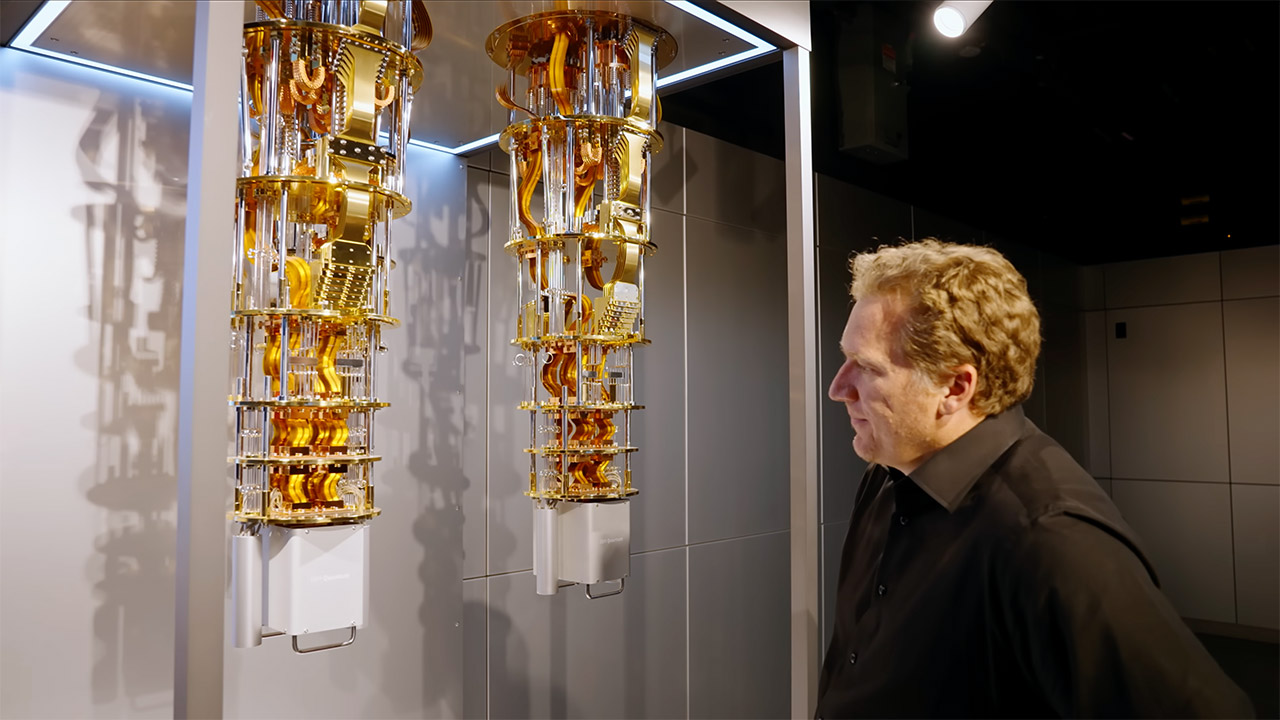
The Street took notice, as Morgan Stanley analysts issued a report the next day declaring IBM the clear winner in quantum hardware. They pointed out that HSBC was the first to show paying clients, not just research toys. Since 2017 IBM has released over 75 systems, four more than the next closest competitor combined, 13 of which have over 100 qubits, the building blocks of quantum computing. IBM has done over $1 billion in business in this space, leaving everyone else in the dust.

